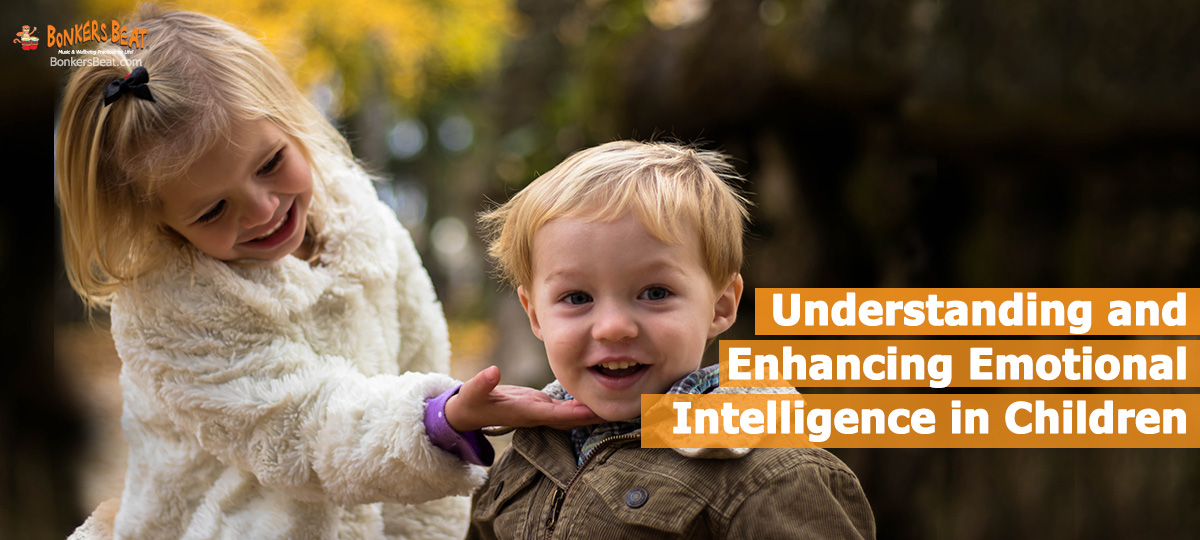Emotional intelligence is an invaluable life skill and one that we can help children develop from a young age. We can do this at childcare centres and at home, ensuring children have the skills to understand their emotions and express them effectively. First, we need to have a solid understanding of what emotional intelligence is.
What is emotional intelligence?
Emotional intelligence is a complex concept involving several different capabilities. It can be broken down into the 5 following categories:
- Self-awareness: The ability to recognise your own emotions and their effects.
- Self-regulation: The ability to control your emotions.
- Motivation: The ability to motivate yourself to reach goals.
- Empathy: The ability to recognise how other people are feeling.
- Social Skills: The ability to communicate and interact with others, also known as having people skills.
Sometimes known as EQ, it is often argued that emotional intelligence is more important than IQ when it comes to achieving success in all facets of life, be it education, career or relationships. In fact, in any situation in life, we can all benefit from being aware of how we are feeling, why we are feeling that way and how this affects us and those around us.
Why emotional intelligence is so important
Learning how to deal with emotions is an essential skill that enables young people to communicate effectively and foster more productive and meaningful relationships. It also means that they will be well equipped to deal with stressors in life, which can assist in overcoming life’s challenges.
Emotional intelligence teaches childcare aged children how to discern their own and others emotions and can even help them to recognise the difference between right and wrong. For example, if Sarah pushes Tom on the ground and Tom begins to cry, Sarah will recognise that her actions have made Tom feel sad. With guidance from her parents and educators, Sarah will learn that it is wrong to push.
How to enhance children’s emotional intelligence
Helping children to develop their emotional intelligence in early childhood can start with simple activities, such as identifying different emotions on faces like anger, happiness and sadness. Once children understand what these emotions are, they will begin to align how they feel with the names of the emotions that they have learnt. For example, when a child falls over, they may realise that the emotion they are feeling is sadness or even embarrassment. Similarly, when a child gets to play in the sandpit or have their favourite snack, they may realise that they are feeling happy.
Using music and wellbeing to nurture children’s emotional development
It is never too early to start nurturing a child’s emotional development. That’s why the Bonkers Beat programs have a strong focus on feelings and self-expression.
We use music and movement to help children develop their understanding of the world around them and to express themselves. Yoga and meditation are other powerful tools we believe in to enable children to connect with themselves and come to better understand how their brains and bodies work.
Guiding children through developing emotional intelligence should be an essential part of early childhood education and there is no doubt that it will help to shape a brighter future for children.
If you have been thinking of introducing the award-winning Bonkers Beat programs into your centre, there is no time like the present. Get in touch about what Bonkers Beat Music and Wellbeing programs can do for your centre, your staff and the children in your care by emailing info@bonkers.com.
Find out more about Bonkers Beat programs, follow this link: earlychildhoodeducationalprograms.com.au

